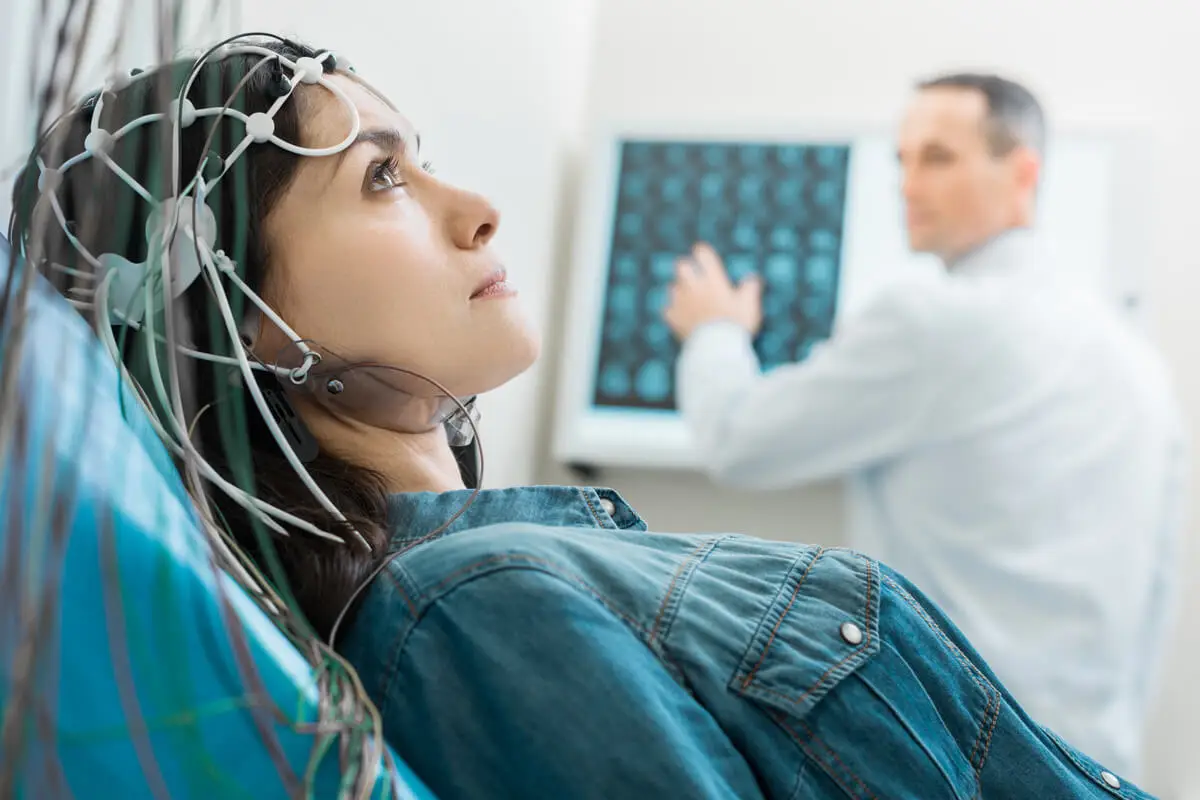What Is Biopsychology and What Is It For?


Written and verified by the psychologist Elena Sanz
At times, psychology and its concepts seem somewhat abstract. Understanding beliefs, emotions and behavior may seem more philosophical than earthly. But the truth is that every internal process has a physiological correlate; that is, a representation in the body and in biology that accounts for why it happens. And this is what biopsychology studies.
This branch of psychology analyzes the functioning of the healthy brain, but also the factors involved in conditions such as dementia, neurodevelopmental disorders, and depression, among others. In short, it seeks to understand how the brain, the nervous system, and neurotransmitters influence mental processes.
The history and development of biopsychology
The idea that the mind and body are linked, that the biological and the psychological are closely related, goes back a long way. Ancient thinkers and philosophers already stated that the mind resides in the brain and that the nervous system mediates between the stimuli we receive from the environment and our reactions.
Later, theories such as phrenology were developed, which stated that personality traits could be determined by the shape of the skull (its structure, protrusions, and indentations). Although it was discarded, the hypothesis that mental functions resided in specific areas of the brain gained relevance.
These days, thanks to technological advances and innovative techniques, such as brain scans, we’re able to see these physical correlates of thought, emotion, and behavior. And, thanks to this, we can intervene more effectively.

Read more here: 10 Pillars for Your Brain Health
What does biopsychology study?
Biopsychology is also known as physiological psychology, behavioral neuroscience, or psychobiology. As we said, it studies the relationship between psychological processes and the underlying physiological events.
To better understand its basis, let us consider the following principles by which it’s governed:
- Psychology is considered to be a laboratory science.
- Every behavior or psychological process can be explained on the basis of biological concepts. All are a consequence of genetics and biology.
- Most human behavior has an evolutionary purpose and has developed to adapt to the environment.
- Comparative methods are used to better understand human behavior by studying different animal species.
- Heredity and genetics are studied, as well as the structure of the brain, the nervous and endocrine systems, and neurotransmitters.
Beyond these principles, there are certain phenomena which this science pays special attention to:
- Biological rhythms
- Metabolism and hormonal processes
- Behaviors involving motivation
- Emotion, learning, memory, and cognition
- The effect of drugs and pharmaceuticals on the functioning of the nervous system.
- The physical bases involved in the processes of sensation and perception of internal and external stimuli.
Another great article: 10 Pillars for Your Brain Health
What is it for and what are its applications?
The applications of biopsychology can focus on basic or applied research. In the first case, the aim is to broaden the body of knowledge out of scientific curiosity. On the other hand, applied research promotes interventions that address a need and provide solutions.
Observational methods, in which data are collected without modifying the variables involved, are used to arrive at the required knowledge. But experimentation is also used to discover the causes involved in different phenomena.
In this regard, both human and animal research is common. Thanks to this, it’s possible to understand the phylogenetic evolution of behavior patterns, from the simplest species (in which it’s easier to reveal the correlates between brain and behavior) to the most complex ones.
Psychobiologists work and participate in different fields, from research to the pharmaceutical industry. But they also develop clinical applications and work in fields such as neurology, treating patients with various types of damage, or diseases, such as:
- Autism
- Addictions
- Anxiety
- Schizophrenia
- Anger behaviors
- Mood disorders
- Parkinson’s, Alzheimer’s and other dementias

Other applications
Knowledge derived from psychobiology also plays an important role in what is related to parenting and childhood. Thanks to their findings, appropriate early stimulation can be encouraged to promote learning and harness the potential of brain plasticity.
They are also useful in approaches such as mindfulness, when it comes to understanding how a person can improve attention and mindfulness. It can even help to understand how psychological processes promote or hinder physical recovery after an intervention or illness.
In short, biopsychology reminds us of the close relationship between mind and body, and the need to understand them together to achieve a better understanding and effective interventions to improve well-being.
All cited sources were thoroughly reviewed by our team to ensure their quality, reliability, currency, and validity. The bibliography of this article was considered reliable and of academic or scientific accuracy.
- Escera, C. (2004). Aproximación histórica y conceptual a la Neurociencia Cognitiva. Cognitiva, 16(2), 141-61.
- Marín, N. (2017). Psicobiología del cáncer colorrectal: relación entre factores biológicos y psicológicos en pacientes tratados quirúrgicamente. Facultad de Medicina, Universidad de Málaga.
- Ripoll, D. R. (2010). Fundamentos de psicobiología (Vol. 147). Editorial UOC.
This text is provided for informational purposes only and does not replace consultation with a professional. If in doubt, consult your specialist.








